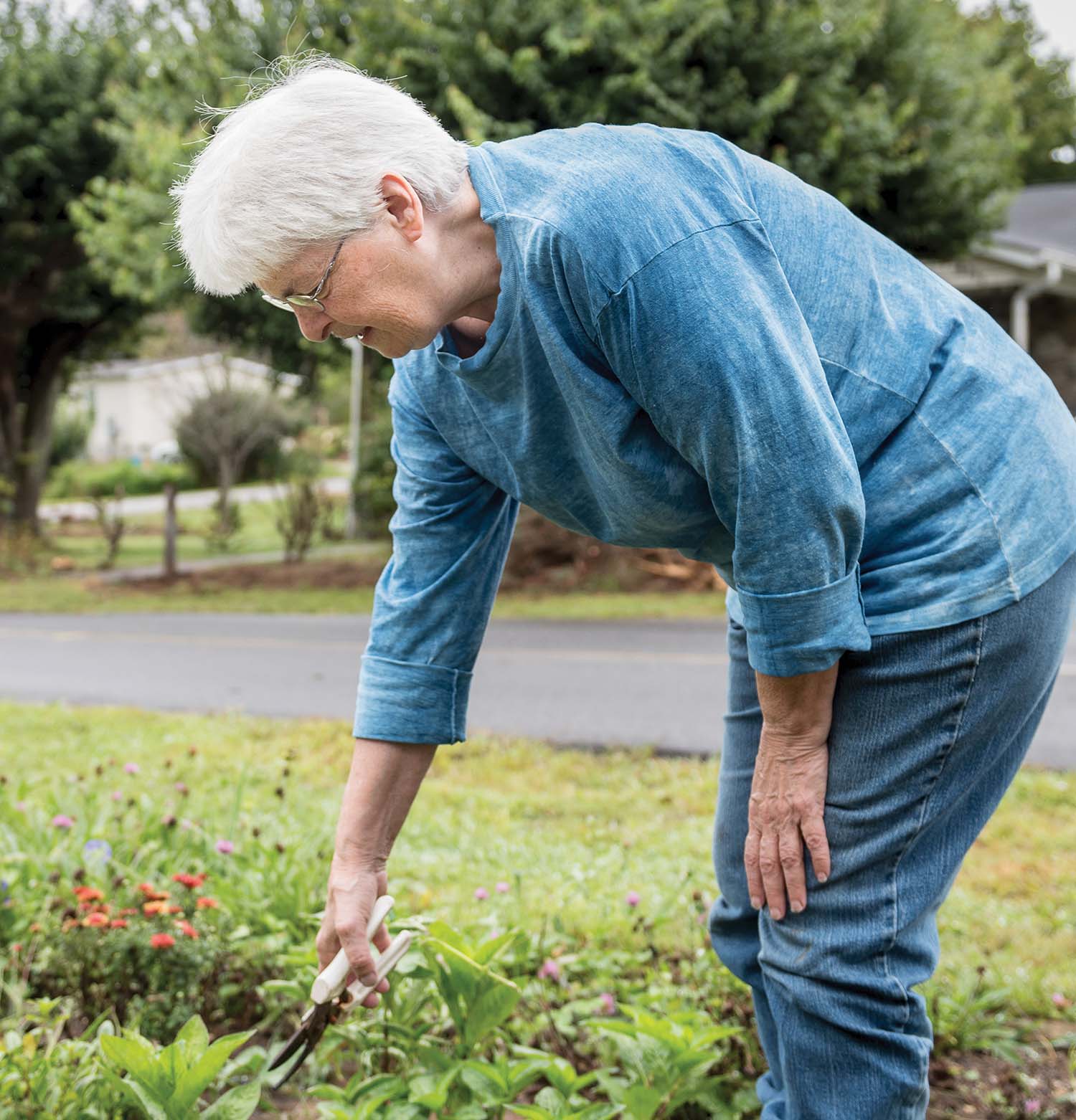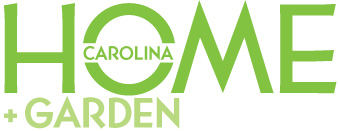
At 69 years old and with nearly 40 years of “slow cloth” work under her belt, Eileen Hallman of Black Mountain is in no hurry to join the textile-technology revolution of the last century by producing fiber in the efficient factory mode — or anywhere close to it. Wielding a Gandhi-like approach, she’s trying to make the world a better place one spindle turn at a time.
“What gives a person joy is not trouble to them,” intones Hallman, whose business name is New World Textiles.
“Modern technology is focused on mass production, everything the same, get it out at the lowest cost.” Her own way, she says, “is slow cloth at its finest: growing the plants, spinning, weaving, dyeing with plants from the garden. You can’t buy this from a manufacturer.”
Her method involves using unprocessed cotton or wool, the ancient Indian version of the spinning wheel called the “charkha,” and indigo dye extracted from plants grown in her own yard. If she’s not producing or marketing it, she’s teaching it, including at Fletcher’s Southeastern Animal Fiber Fair for the past 20 years. “Maybe I am channeling Gandhi, trying to live a simple life, trying to tread lightly on the earth,” she acknowledges. “Spinning is my meditation, weaving gets my creative juices flowing … what better life is there?”

To spin her threads and yarns, Hallman uses a tabletop wheel that looks only vaguely like the European floor model Sleeping Beauty pricked her finger on. The charkha is the oldest spinning wheel in existence, dating back to 500 CE. It came onto the world stage via the iconic nonviolent resister, who prized it as a way for the people of India to revitalize their economy and escape British rule; through Gandhi, the charkha, which translates to wheel, became a potent symbol of independence. Hallman uses a style of charka that folds up to look like a wooden book she describes as “slightly smaller than War and Peace.” (Under Gandhi’s specifications, the traditional upright charkha was modernized to be faster and portable. “In India, all types are used by spinners seated on the floor,” she says.)
But making thread is just one step toward making making cloth. Hallman nurtures her self-sufficiency even further by growing a Japanese variety of indigo, the kind that supplied the original blue in bluejeans. Unlike the indigo once cultivated mainly in low-land South Carolina, her “Persicaria Tinctoria” does well in WNC’s mountain climate where cool nights prevail, and it can be harvested all summer, says Hallman. She strips the leaves off and immerses them in a fresh ice-water bath, but she explains that the whole plant can be composted or soaked to extract more indigo. “I love blue, I love to dye with it. The ice-water bath is so much fun I can wax evangelical on it,” she says. “I invite friends, neighbors, the kids from church — the person off the street practically — to come over and dye on my front porch.”
Hallman’s passion for her life’s work is evident through every thread of the process. “Certainly joy in and of itself makes people better,” she philosophizes. “So joy in the making helps the maker better. If you can’t or have no interest in that kind of making, then maybe supporting a maker in his or her quest can give joy. People like stories, and to be connected in some way to the origin of a thing puts you in the story.”
As part of the Southeastern Animal Fiber Fair at the Western North Carolina Agricultural Center (1301 Fanning Bridge Road), Eileen Hallman will lead workshops in dyeing indigo — “Perpetual Vat” on Thursday, October 26, 12-4pm, and “Ice-Water Indigo” on Friday, October 27, 9am-1pm. She’ll lead another workshop, “Charka 101,” on Saturday, October 28, 9am-12pm. The fair’s public displays are open October 27-29 (9am-6pm Friday and Saturday, 9am-4pm Sunday). $5/general admission. For more information about workshop prices and availability, see saffregistration.org. (www.saffsite.org, 828-687-1414.)
